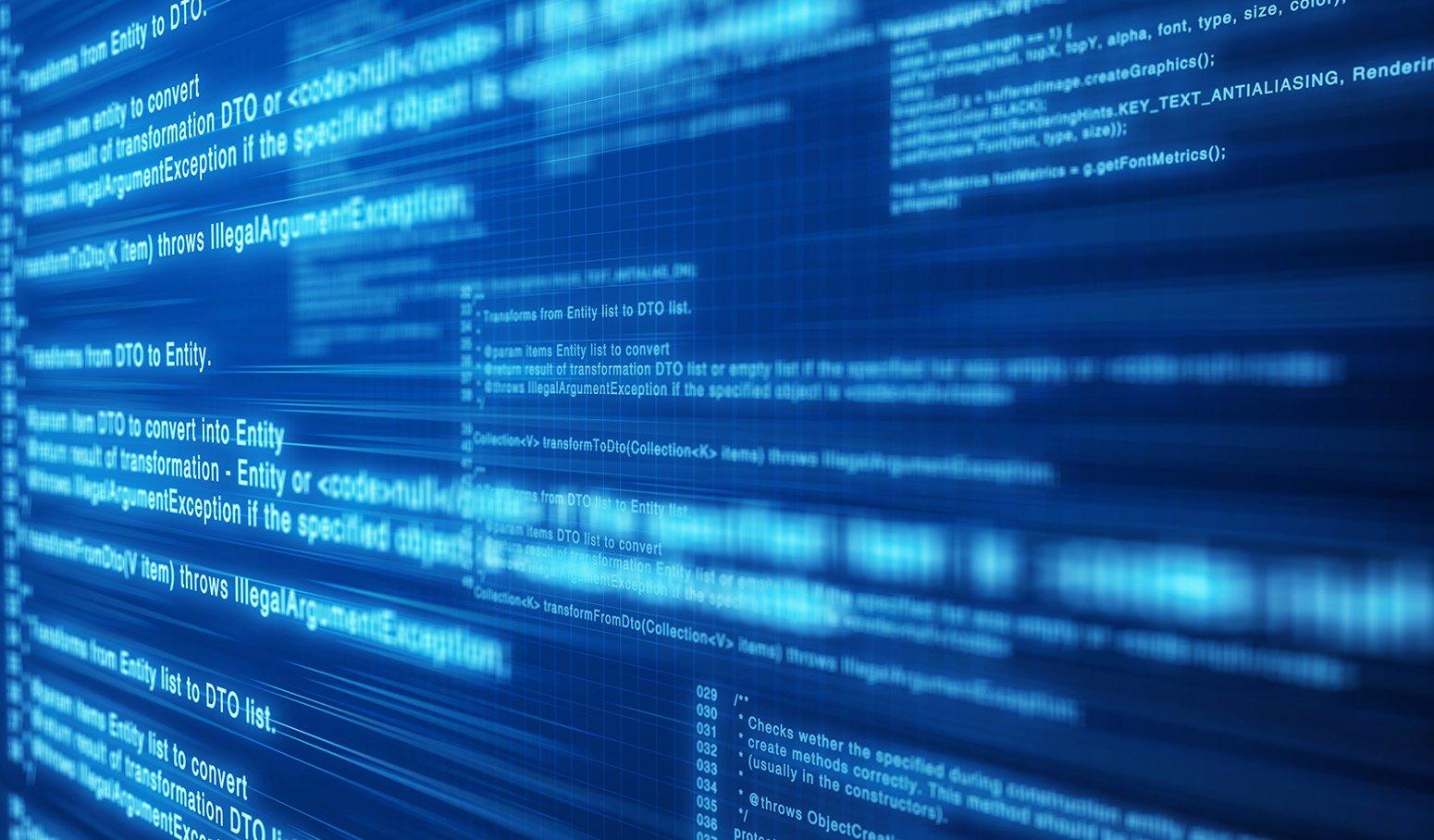Breaking News

Is AI the Answer to the Financial Industry’s Cybersecurity Issue?
Information security is different than most problems that humanity faces: we have an active opponent that is just as intelligent as we are. This means that simple rule-based security solutions like anti-virus cannot keep up with even modestly resourced attackers. Financial institutions have experience with a similar problem: fraud and money laundering. Just as simple rule-based fraud detection is of limited utility, the same is true for information security. Instead, a system that adapts to what attackers are doing and can keep up is essential. That adaptive system can be built from artificial intelligence (AI) technology.
AI is any mechanism which can look at its environment and adapt to pursue its defined goals. It is a large and complex field full of many different technologies, such as machine learning, pattern recognition, and prediction. Because the field of AI is nascent, most uses of AI are custom-built for the problem at hand and the quality can vary widely. The best AI systems incorporate supervised machine learning, allowing humans to provide feedback, which can be used for tuning the system to more appropriately respond to stimuli like security logs.
As the demands of consumers change, banks and credit unions are offering more technology-related services, such as online and mobile banking, mobile check deposit and online bill pay. Consequently, financial institutions and account holders’ relationships have become digitized, meaning sensitive financial information is more susceptible to cyber attacks than ever before. With the growth of mobile applications, smartphones, tablets, smart watches and the use of cloud-based services, cybercriminals have numerous avenues by which to launch an attack while financial institutions have more systems to monitor and protect. Furthermore, each system and channel generates large amounts of data, which is often unstructured and difficult to analyze. As a result, financial institutions are burdened with sifting through this data to identify suspicious behavior and determine whether or not a cyber threat is genuine. From there, if the threat is real, the institution must quickly take action to remediate the threat.
However, the mounds of data generated by a financial institution’s various systems can help combat cyber attacks when used in conjunction with AI. By leveraging AI, financial institutions can automatically analyze massive amounts of data traffic to detect anomalies which may be threats. The more data that is analyzed, AI becomes increasingly effective, developing familiarity with typical behavior patterns and recognizing suspicious activity faster, which leads to more efficient alerting and threat remediation. Analyzing high volumes of security data allows machine learning algorithms to anticipate future attack vectors based on existing data. The efficiency AI can deliver to cybersecurity is essential, especially given the shortage of security talent across industries. According to the U.S. Bureau of Labor Statistics, in 2016, there were more than 200,000 unfilled cybersecurity jobs. This was after a 74 percent increase in security job postings over the last five years. Smaller community banks and credit unions feel the impact of this shortage, as skilled personnel is extremely scarce in their respective markets. However, AI can amplify the abilities of a limited security staff. Rather than burdening a small security team with manually analyzing network data and mining for threats, AI can automatically comb through the data to detect threats. When a genuine threat is identified, employees can immediately take action to remediate the threat, enabling staff to focus on security issues that truly matter.
Still, when applying AI and machine learning technologies to cybersecurity, it is important that human employees provide feedback to the system and pinpoint relevant threats. Spending time training the system at the outset will optimize its monitoring capabilities. With human interaction, a well designed AI system can adjust its monitoring and analysis to mirror human protocols, which reduces the number of false alerts and sharpens the system’s ability to recognize real threats.
Likewise, having a highly skilled security expert tune the institution’s AI program, the program will replicate that individual’s performance. Or if an institution has a team of experienced security analysts that train the program, the AI capabilities will be as strong as the entire team of analysts and can function 24/7. This brings up the ability to scale a cybersecurity program, as AI-driven security initiatives are not necessarily restricted by number of employees. With a security program supported by AI, the security program can easily scale without a significant increase in full-time employees.
The security needs of financial institutions are unique, as cybercriminals constantly target attacks at entities where they can experience the most financial gain. Meanwhile, consumers trust their institutions to protect their confidential financial information. With AI, banks and credit unions of all sizes, and even fintech companies that store valuable data, can constantly improve their security posture. AI’s ability to continuously monitor for anomalies enables organizations to keep up with evolving cyber threats and enact counter-measures against those threats. While the industry still has much to learn about AI, this type of technology has the potential to revolutionize how financial institutions combat cybercriminals.
By Sean Cassidy, CTO of DefenseStorm
- Latin America’s Payments Evolution is Unlocking Digital Commerce for Millions Read more
- Boku Deepens LATAM Commitment, Readies Merchants for Brazil’s Digital Payments Revolution via Pix Read more
- MAPFRE is the Largest Multinational Insurance Company in Latin America Read more
- African Development Bank Group’s Office of Integrity and Anti-Corruption Partners with Special Investigations Unit to Combat Financial Crime Read more
- The 4th Edition of the Africa Fintech Forum to Shape the Future of Finance in Kenya on October 15 Read more















